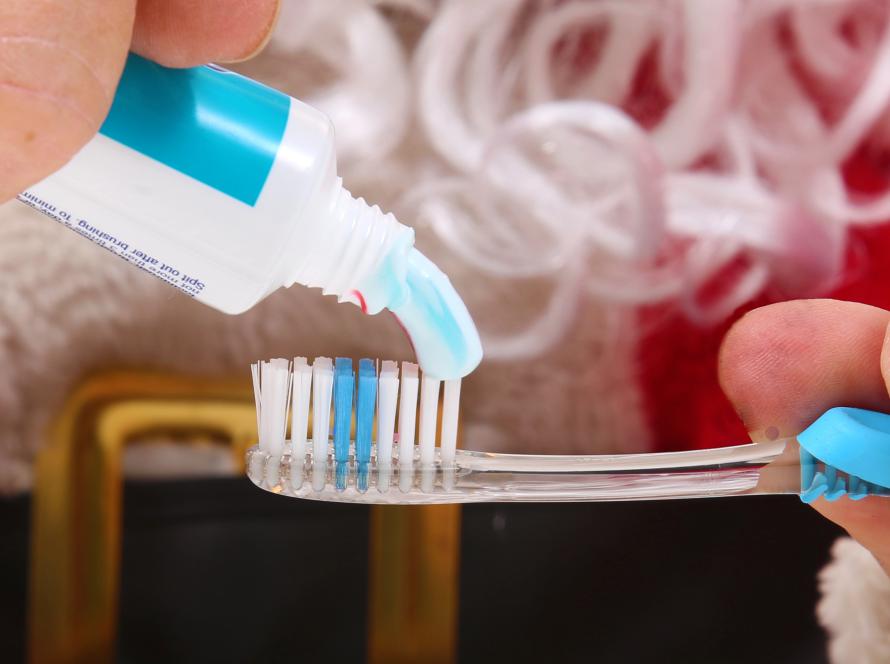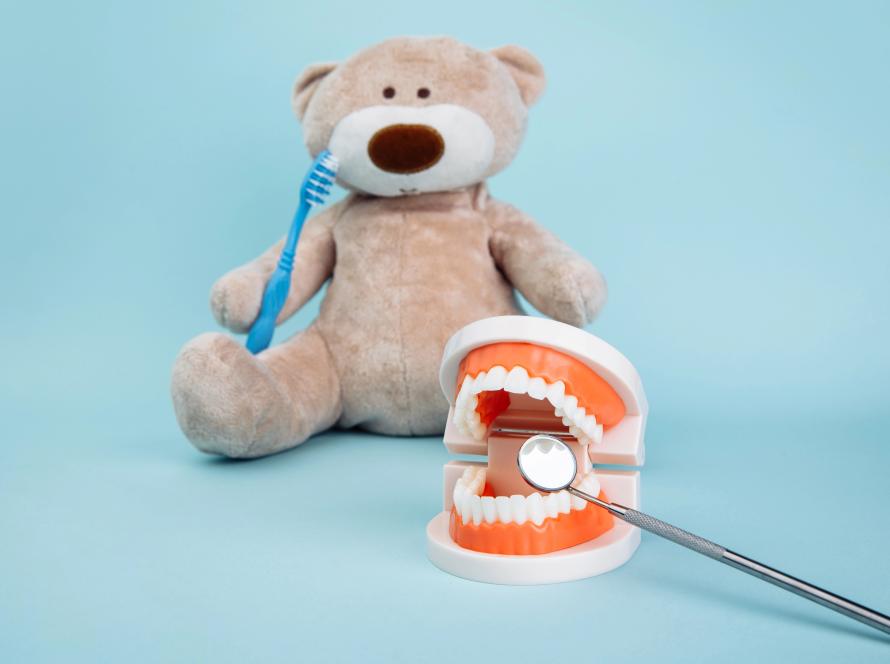Preparing your child for their first dental surgery can be a daunting experience for you and your little one. From understanding the procedure to ensuring your child feels calm and safe, there are several steps you can take to make the process smoother. Today’s blog will help you navigate the complexities of pediatric dental surgery, providing you with practical tips and insights to ease the journey.
Understanding the Dental Treatment Plan
Before diving into the preparation steps, it’s crucial to have a clear understanding of the dental treatment plan. Your child’s dentist will provide a detailed overview of the procedure, including why it’s necessary, what it involves, and the expected outcomes.
Why Dental Surgery for Children?
Children may need dental surgery for various reasons, such as severe tooth decay, tooth extractions, or to correct developmental issues. Understanding the specific reason for your child’s surgery will help you explain it to them in a way that’s reassuring and easy to understand.
Explaining the Procedure to Your Child
One of the most important aspects of preparing your child for dental surgery is explaining the procedure in an age-appropriate and comforting way.
Keep It Simple
Use simple language and avoid medical terminology that might confuse or scare your child. Explain what will happen using terms they can relate to, like “the dentist will fix your tooth” instead of “the dentist will perform a surgical procedure.”
Reassure Them
Ensure your child knows that the surgery is to help them feel better and that you will be there with them every step of the way. Emphasize that the dental team is there to care for them and ensure they are comfortable.
Preparing for Pediatric Dental Sedation
Pediatric dental sedation is often used to help children stay calm and still during the procedure. Understanding the types of sedation and how they work will help you prepare your child for what to expect.
Types of Sedation
Various sedation types are used in pediatric dental surgery:
- Nitrous Oxide (Laughing Gas): This mild sedative helps your child relax.
- Oral Sedation: This involves a sedative medication taken by mouth.
- IV Sedation: Administered through a vein, this type of sedation is stronger and keeps your child asleep during the procedure.
- General Anesthesia: This sedation method puts your child into a deep sleep for complex procedures.
What to Expect
Discuss with the dentist which type of sedation will be used and what your child will experience. Explain to your child that the sedation will help them feel sleepy and relaxed, and they won’t feel any pain during the surgery.
The Day Before Surgery
Preparation the day before the surgery can significantly impact your child’s experience. Follow these steps to make sure things go smoothly.
Pre-Surgery Instructions
Follow any pre-surgery instructions given by the dentist. This may include dietary restrictions, such as not eating or drinking after midnight if general anesthesia will be used.
Comfort Items
Pack a bag with your child’s favorite comfort items, like a stuffed animal, blanket, or a favorite book. These items can provide comfort and distraction on the day of the surgery.
The Day of the Surgery
Surgery day can be stressful, but staying calm and organized will help you and your child.
Arriving at the Dental Office
Arrive early to complete any necessary paperwork and to give your child time to acclimate to the environment. Speak positively about the dental office and the people there to help reduce your child’s anxiety.
Meeting the Dental Team
Introduce your child to the dental team so they can see friendly faces and feel more at ease. The team will likely explain the procedure again in a kid-friendly way and answer any questions your child may have.
Post-Surgery Care
After the surgery, your child will need special care to ensure a smooth recovery.
Immediate Aftercare
Once the surgery is complete, your child will be monitored until the sedation wears off. They may feel groggy or disoriented, which is normal. Comfort them and reassure them that they did a great job.
Pain Management
The dentist will provide instructions for managing any pain or discomfort your child may experience. This may include prescription pain relievers or over-the-counter medications. Follow the dentist’s instructions carefully to ensure your child’s comfort.
Dietary Restrictions
In the days following your child’s dental surgery, it’s important to follow specific dietary restrictions to promote healing. Prepare and offer soft foods and liquids to avoid putting stress on the surgical area. Steer clear of hot, spicy, or crunchy foods that might cause irritation or discomfort. Opt for gentle options like yogurt, applesauce, mashed potatoes, and smoothies, which are not only easy to eat but also soothing for their recovery.
Follow-Up Appointments
Schedule and attend follow-up appointments to ensure your child’s mouth is healing properly. This is a great chance to ask questions or address recovery concerns.
Tips for Keeping Your Child Calm
Keeping your child calm before, during, and after dental surgery is crucial for their well-being and recovery.
Practice Relaxation Techniques
Teach your child a few simple calming relaxation techniques, such as deep breathing or visualization. Practice these techniques together before the surgery so they can use them if they feel anxious.
Stay Positive
Maintain a positive attitude and avoid expressing any fear or anxiety you might feel about the surgery. Children often pick up on their parent’s emotions, so staying calm and confident will help your child feel the same way.
Offer Rewards
Plan a small reward for your child after the surgery to give them something to look forward to. This can be a special treat, a new toy, or a fun activity they enjoy.
Preparing your child for their first dental surgery involves clear communication, understanding the procedure, and providing comfort and support. By following this guide, you can help ensure a smooth and positive experience for your child, making their dental journey a little less scary and much more manageable. Remember, the key is to stay informed, optimistic, and supportive every step of the way.
For more details on kids’ dental treatment plans and kids’ dental care, contact Toronto Kids Dental today!


